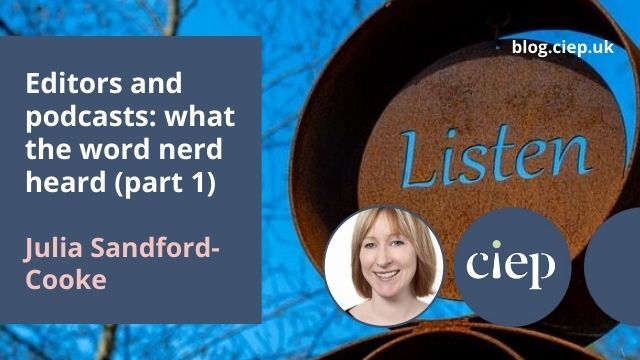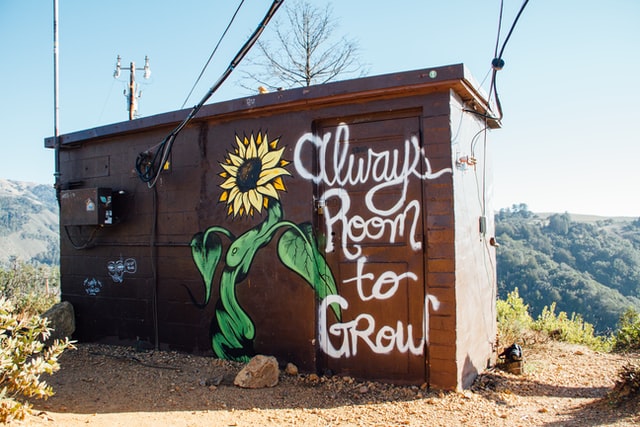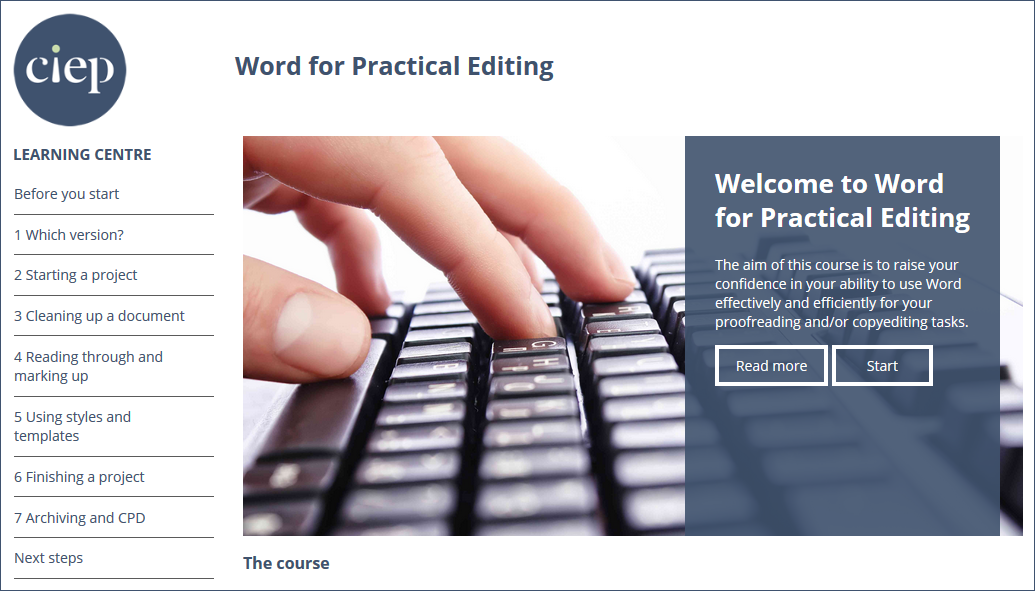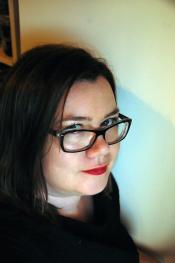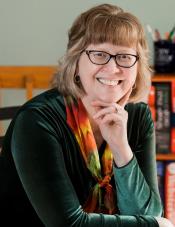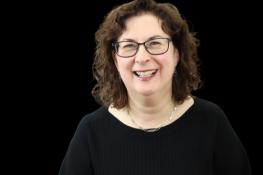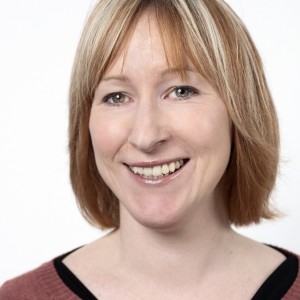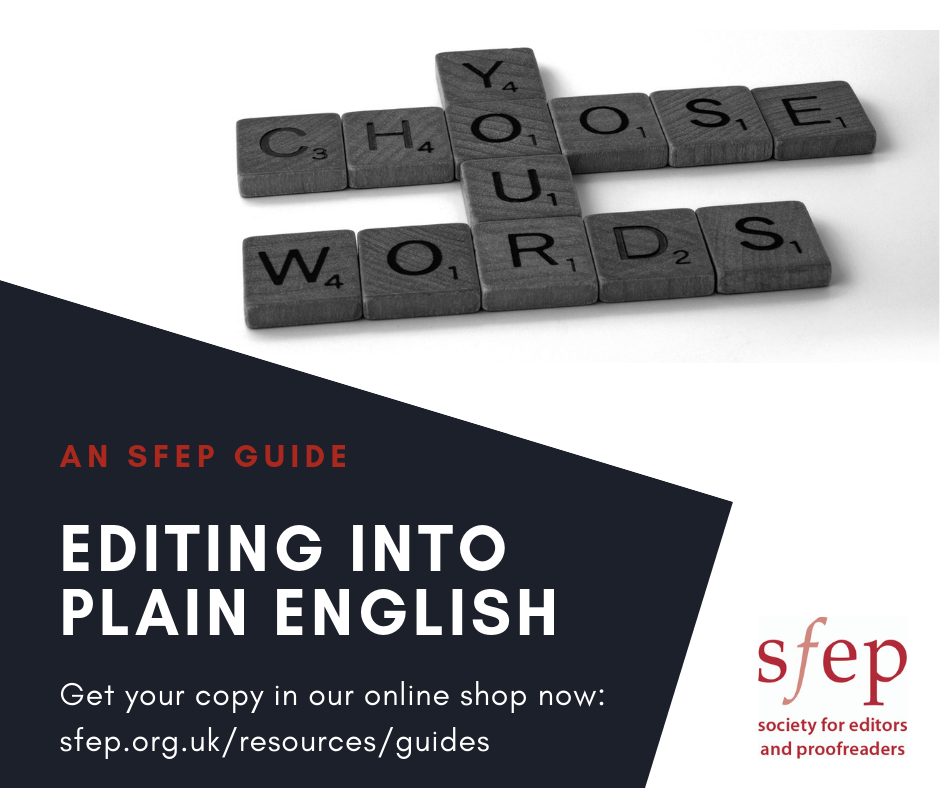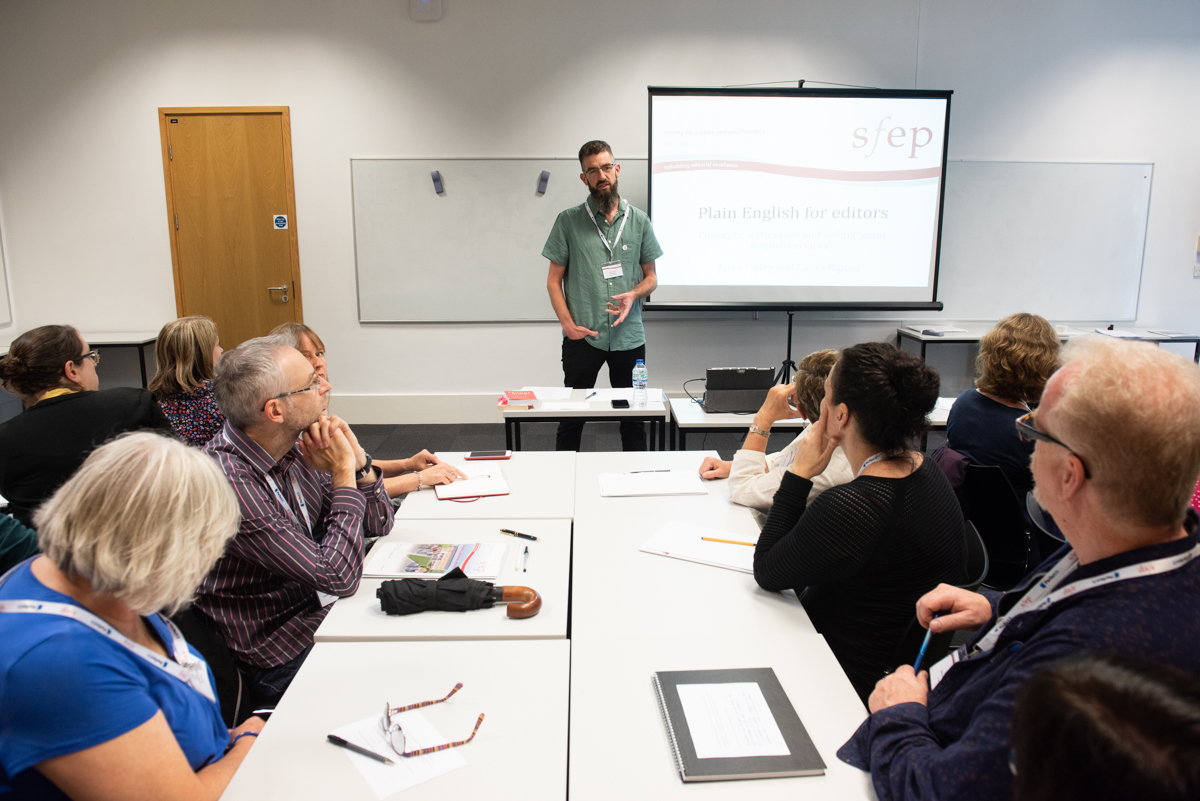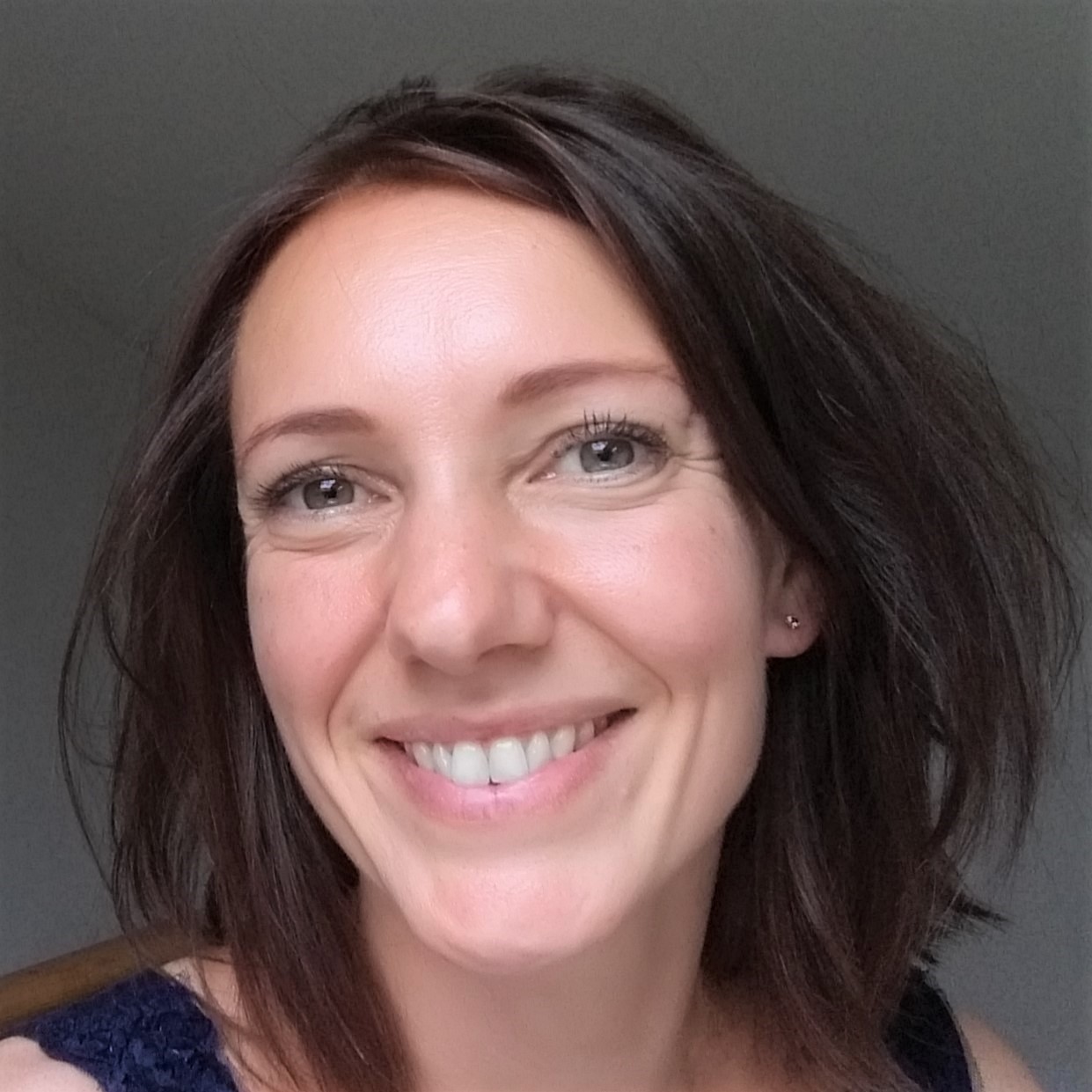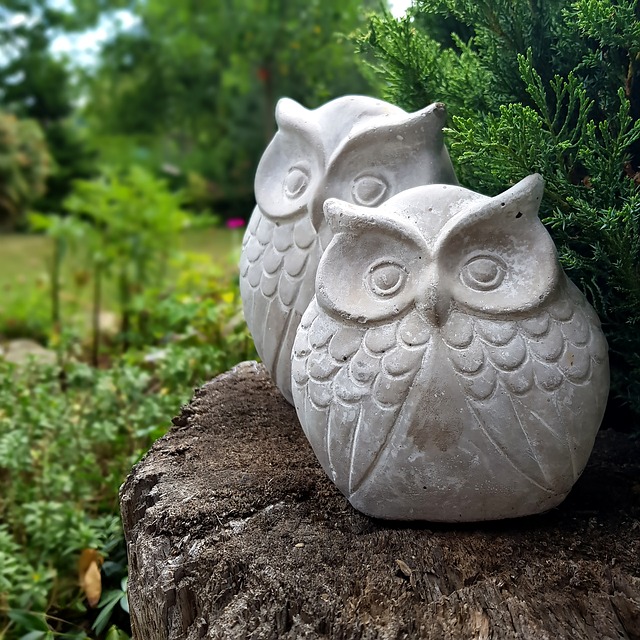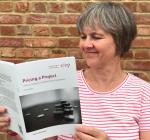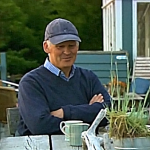The CIEP conference took place online in September this year, and, as usual, before long there was a fine crop of blogs reviewing the event. We read them to see how conference newbies, veterans and session presenters experienced #CIEP2021. This round-up post covers:
- The newbie view
- Veterans’ verdicts
- Presenters’ perspectives
- What next?
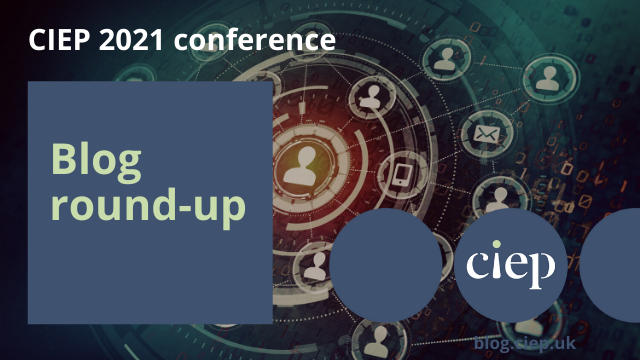 The newbie view: ‘I was unprepared for just how much I got out of it’
The newbie view: ‘I was unprepared for just how much I got out of it’
‘When I joined the CIEP in January, lots of people told me about the value of their annual conference,’ says Philip Ridgers in ‘My first time attending the CIEP annual conference’. ‘I expected to pick up some tips and maybe meet a couple of new people. However, I was unprepared for just how much I got out of it.’ Starting with the networking sessions, Philip said: ‘The most valuable thing I took away was that others struggle with the same things I do.’ Far from meeting ‘a couple of new people’, at one point Philip found himself plunged into a Wonder room with some of the CIEP Council: ‘For a few minutes I was the only other person there! This could have been terrifying, but they were all so welcoming.’ He went on to describe his team’s performance in the quiz (‘we placed last’) and concluded that ‘the conference made me feel like I belonged. It made me want to further my knowledge and get more involved with the editorial community.’ We think he means his editorial knowledge, but who knows, maybe next year Philip will return armed to the teeth with all the quiz-related facts necessary to blow the other teams out of the water.
Eleanor Bolton had a lot in common with many other newbies – she was joining us from somewhere far from the UK: in her case, Houston, Texas. She says: ‘As it was online this year, it was easy to attend despite the time difference … I came away from the conference with a renewed sense of energy, plenty of ideas about future training and business development, and a long list of book recommendations to add to my reading list.’
Alison Gilbert, who had been to last November’s online conference, but not (yet) to an in-person one, translated her own learning points directly into action, by blogging about blogging, specifically ‘Blogging: Making it work for you and your business’, presented by Kia Thomas, Liz Dalby and Claire Bacon. As Alison, inspired by the session, observed: ‘Blogging is as individual as each person’, and with her maths degree and her love of lists, her blog, a list of top-ten blogging tips, testified to this.
Veterans’ verdict: ‘I really felt at home’
Among those who had been to CIEP (or SfEP) in-person conferences, some of them on many occasions, a word used to describe the event was, well, we’ll hand over to Sue Littleford: ‘a triumph. Full stop. How Beth delivers such fabulous conferences year in, year out, I don’t know. Hats off to her and her team!’ Jill French used the same word: ‘it was a triumph’.
It was Annie Deakins’ fifth conference, and at the end of her blog post she helpfully included links to her reviews of a couple of previous conferences, useful for those who wanted to compare the online and in-person events.
The comparisons by our veterans were favourable. Kia Thomas spoke for many, in ‘A post about CIEP2021 and also not entirely about CIEP2021’:
The conference team did a fantastic job of making sure we got as many of the best bits of the ‘real’ conference as we could – brilliant speakers, opportunities to learn things, the famous quiz and, best of all, the chance to catch up with colleagues and make new friends. There were plenty of opportunities for video networking, and the virtual space meant that many were able to attend who wouldn’t have been able to make it in person.
Louise Bolotin* singled out Wonder as the tech aspect that made the conference so conference-like for her:
The one thing that made the conference as near a replica to being there in person was the Wonder platform. Browser-based, it allows you to join or form circles with others within a dedicated ‘room’ and chat via webcam. Chatting to colleagues is always one of the best things about attending a conference – the only thing missing was buying each other a drink, but otherwise Wonder ticked an awful lot of boxes.
Sue Littleford enjoyed the international feel:
One clear advantage of an online conference is that far more delegates can attend (we had plenty of members staying up very late indeed, or getting up painfully early, depending on their time zone), but the second advantage is that speakers can also be spread around the world – we had contributions from Canada, the US, Thailand and Australia, as well as from all around the UK.
The ability to catch up later through recorded sessions was invaluable to many, particularly Louise Bolotin, who described herself as ‘frantically rushed off my feet’ with work at the time of the conference. Jill French appreciated this too:
There was the added bonus of staggering some of the delivery beyond the conference with materials including not just digital handouts but hours of recordings to watch back.
Jill also discovered the benefits of networking from home:
As a mainly introverted soul, used to working alone, I did wonder whether the networking side of an online conference could work at all, but it did. I even found that, as I was sitting in my normal work place (true for most delegates I suspect), this was conducive to relaxed interactions where I really felt at home, wait – I really was at home.
There was one final benefit to holding the conference online, something we might call the ‘Hugh Factor’. Jill French explains: ‘Hugh Jackson, a most capable, self-effacing and amusing chair, made entertaining introductions, talks and commentary through the whole event.’ This sort of ubiquity wouldn’t have been as possible in person, and there was something about Hugh’s warm ‘fireside chat’ style that translated particularly well to the screen. Plus, online no one else need see us blubbing. Sue Littleford says: ‘Last year, [Hugh’s] closing words reduced a great many of us to tears … This year, we were ready with our tissues, fortunately: he did it again, dammit.’
Some things don’t change, whether the conference is online or in person. On her Facebook business page, Nicky Taylor talked about ‘Fizzing with energy and new ideas, but aware I need space and time to formulate something coherent and meaningful.’ Many of us can relate to that.
Presenters’ perspectives: ‘It was genuinely fun’
How did the experience compare for the speakers? Although Liz Dalby didn’t relish the prospect of delivering her session on Zoom, she said yes when Beth came knocking, and (in a post entitled ‘Learning to say yes’) she says:
I’m so glad I did say yes, because the session went well – in fact, it was really enjoyable – and we received positive feedback from the people who came and watched and asked questions. I enjoyed it just as much as I’ve enjoyed taking part in panel sessions in the past in real life, or giving short talks and presentations. Which is to say, it was genuinely fun.
Sophie Playle, who ran a session on guiding principles for development editing, found she enjoyed presenting on screen more than when she’d done it in person, describing it in her Liminal Pages letter as ‘the perfect middle step between having little presenting experience and presenting confidently in-person. Talking to my laptop in my own living room is far less daunting than standing in front of a crowd! I was still nervous, but nowhere near as much as I was before.’
Jill French was another session leader, presenting on Word styles, and her short mention of the event was notable in its emphasis on the distances all but cancelled out by the online format: ‘A big thank you to Janet MacMillan from Canada who graciously introduced the session I ran from Hampshire.’
What next?
Based on the reviews of this year’s conference, it feels like it hardly matters whether next year’s, scheduled for 10 to 12 September 2022, is online or in person. And the good news is that it’ll be both. There’ll be an in-person event at Kents Hill Park near Milton Keynes, and a virtual element running alongside. After #CIEP2021 there must be many people who feel the same as Annie Deakins, who, looking forward to next year, wrote: ‘If real life isn’t possible, I’ll be just as pleased to see you all online.’
#CIEP2021 on the CIEP blog
Summaries of all of the 2021 CIEP conference sessions are now available on this blog! Don’t miss Hugh Jackson’s opening remarks or Dayita Nereyeth’s heartwarming summary.
* Louise Bolotin died in October 2022; her contributions are much missed.
 About the CIEP
About the CIEP
The Chartered Institute of Editing and Proofreading (CIEP) is a non-profit body promoting excellence in English language editing. We set and demonstrate editorial standards, and we are a community, training hub and support network for editorial professionals – the people who work to make text accurate, clear and fit for purpose.
Find out more about:
Photo credit: group call by Chris Montgomery on Unsplash.
Posted by Abi Saffrey, CIEP blog coordinator.
The views expressed here do not necessarily reflect those of the CIEP.




 Julia Sandford-Cooke of
Julia Sandford-Cooke of 